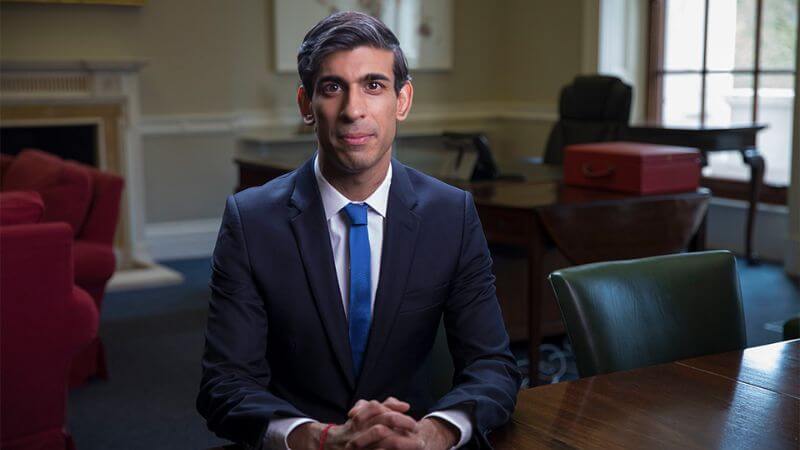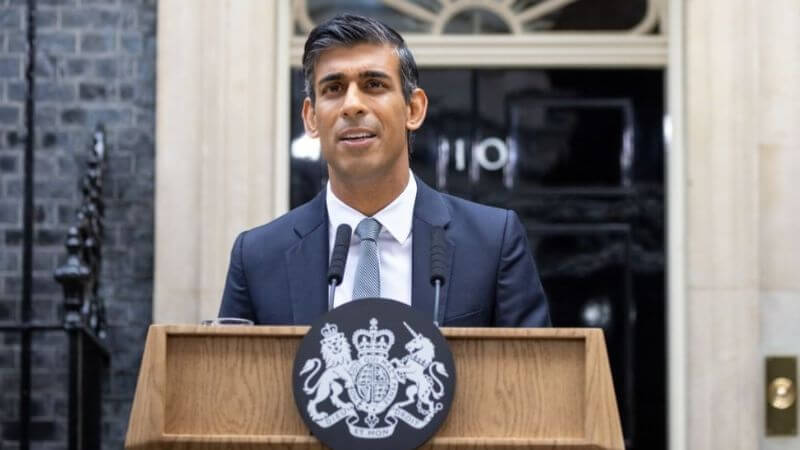Just a few hours before the country prepared to cast ballots on July 4, the UK general elections campaign ended. As Prime Minister Rishi Sunak runs for a second term, the Conservative Party’s hold on power might come to an end, but the Labour Party hopes to win big. PM Sunak maintains his positive outlook, saying that despite forecasts of a “landslide defeat” by a close ally, the Conservatives are still “fighting hard.” Opinion polls suggest that the center-left Labour Party is on track for a significant victory that might bring an end to the 14-year Conservative reign. It is anticipated that the election results will be declared early on Friday, and Keir Starmer, the leader of the Labour Party, will take up the prime ministership in 10 Downing Street. Continue reading to know more about the UK general elections.
How Is The President of the United Kingdom Elected?

In 650 seats around the UK, elections are being prepared for the purpose of selecting representatives for the House of Commons. To gain a seat in Parliament, candidates must receive more votes than their rivals under the first-past-the-post system. Gaining 50% of the seats, or 326 seats, is a necessary condition for any party to create a majority government. King Charles III extends an invitation to the party to form a government when this milestone is met. Members of the upper house, the House of Lords, are appointed rather than elected, in contrast to the Commons. A hung parliament results from no party gaining a majority.
The Current Parliament

The Conservatives gained 344 seats in the UK’s current parliament, making up 52.9 percent of the total. Labour with 205 seats or 31.5 percent of the total. The Liberal Democrats secured 15 seats, or 2.3 percent, while the Scottish National Party (SNP) gained 43 seats, or 6.6 percent. The nine other parties and independents split the 43 seats that remained.
Current Prime Minister Rishi Sunak Casts Vote

At Kirby Sigston Village Hall in Kirby Sigston, England, during the general election, British Prime Minister Rishi Sunak and his wife Akshata Murty cast their votes. First-past-the-post voting is used in 650 seats around the United Kingdom to elect members of Parliament to the House of Commons.
The UK’s Constitutional Monarchy and Parliamentary System
A constitutional monarchy governs the United Kingdom, with King Charles III serving as the nominal head of state. The House of Commons and the House of Lords, make up the two houses of Parliament. They are the source of the nation’s authority. The House of Lords comprises 784 members, including bishops, life peers, and hereditary peers, in addition to the 650 MPs chosen by the public to serve in the House of Commons. The head of the executive branch, the prime minister, selects members of the Cabinet and puts legislation into effect. The tenure of the prime minister is five years. The Northern Irish Assembly, the Scottish and Welsh Parliaments, and other devolved administrations in the UK. Each of them has some degree of legislative jurisdiction.
Polling
Labour has established itself as the front-runner for a majority victory. In the forthcoming UK general election in 2024, they secured a sizable lead in the most recent polls. Conversely, the Conservative party is struggling with record-low poll numbers and a difficult arithmetic situation. That is because so many of its supporters are concentrated in vulnerable areas. In addition, the rise of Reform UK presents the Conservatives with even another challenge in these vital domains.
Follow Us: Facebook | Instagram | X |
Youtube | Pinterest | Google News |
Entertales is on YouTube; click here to subscribe for the latest videos and updates.














